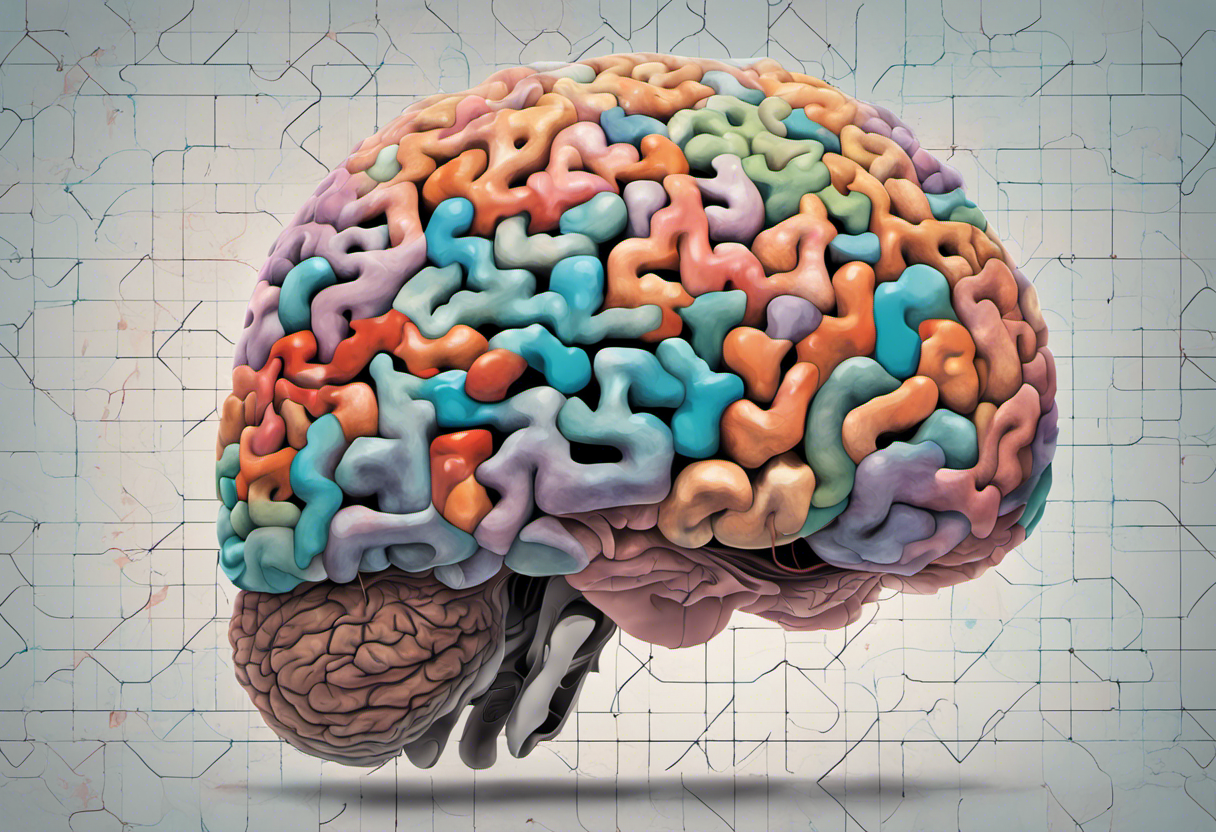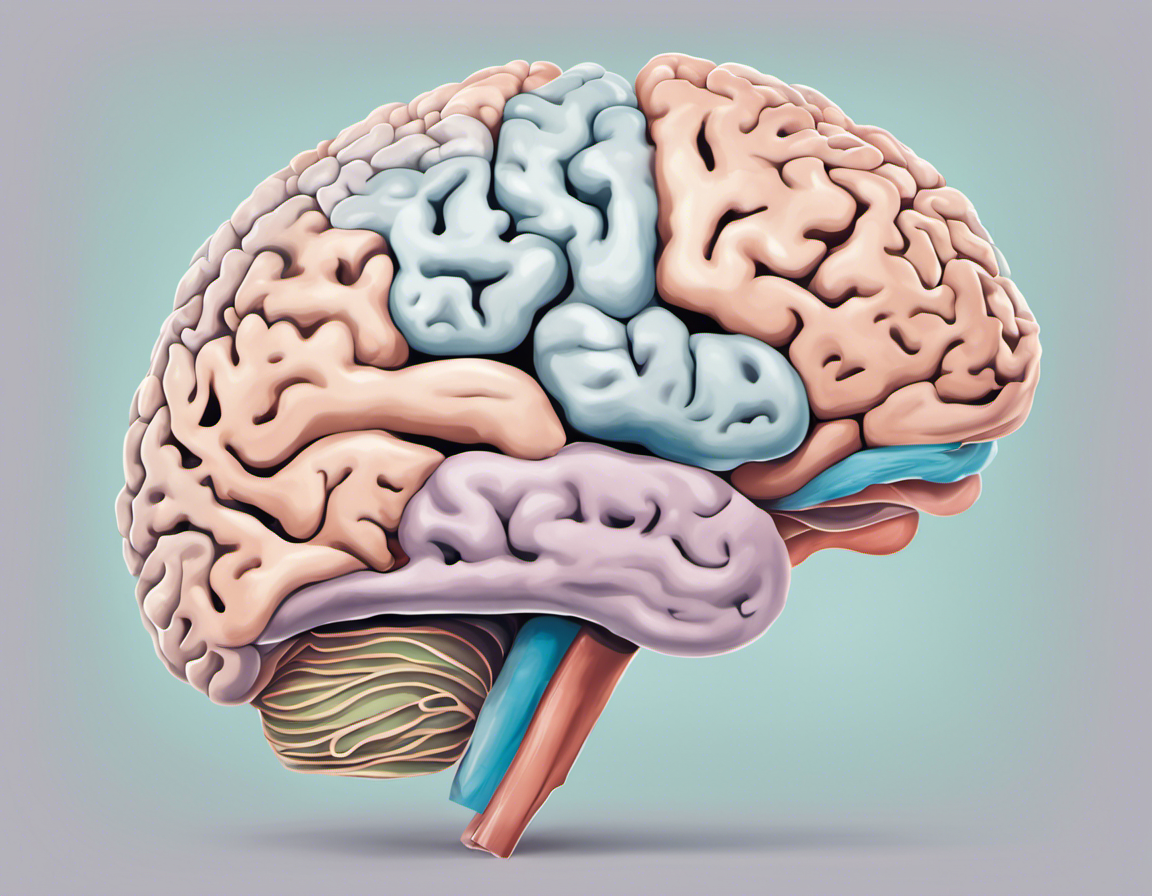Turning ADHD Challenges into Strengths: The Power of Cognitive Behavioral Therapy

Have you ever felt like your mind is an engine revving out of control? That might be a regular occurrence if you are someone dealing with ADHD. Attention-Deficit Hyperactivity Disorder (ADHD) presents a complex challenge, embodied by intense episodes of hyperactivity and attention deficits. It may appear as though an intricate maze with no visible exit. However, amidst the chaos, a powerful tool waits to be tapped into – Cognitive Behavioral Therapy (CBT).
CBT stands as a beacon, casting light upon the darkest corners where typical symptoms of ADHD often hide. Not only does it expose these challenges, but it translates them into stepping stones toward personal growth and productivity.
In our journey throughout this article, we delve deep into the intriguing world of ADHD and CBT. Using science-backed evidence and expert insights, we unravel the potent benefits that CBT offers in not just managing ADHD but transforming it from an impasse to strength.
Hold onto this transformative roller-coaster ride, embarking from understanding ADHD to envisioning how CBT can morph it into a positive lifestyle.
Understanding ADHD
Attention Deficit Hyperactivity Disorder (ADHD) is a multifaceted condition characterized by persistent patterns of impulsivity, trouble focusing, and frequent hyperactivity. This disorder usually first occurs in childhood and can continue into adulthood.
Defining ADHD and its Symptoms
Defining ADHD takes into account both behavioral and cognitive characteristics that interfere with an individual’s daily activities.
Behavioural symptoms of ADHD
ADHD affects behavior in distinct ways. Common signs include a consistent inability to sit still, impulsive reactions without considering results or consequences, difficulties in following instructions, trouble staying focused on one activity, and frequently interrupting conversations.
Cognitive Symptoms of ADHD
Beyond the behavioral symptoms, individuals with ADHD also often face cognitive challenges. These can include difficulty remembering details, issues with organizing tasks, difficulty holding onto thoughts while doing other things – known as working memory deficits – and problems with maintaining alertness throughout the day.
Role of Cognitive Behavioral Therapy in ADHD Management
Cognitive Behavioural Therapy (CBT) has emerged as a robust approach to helping those afflicted with ADHD better manage their symptoms.
Understanding how CBT works for ADHD
CBT helps individuals develop more effective coping strategies by aiding them in understanding problematic behaviors and modifying thought patterns to improve self-control. It involves educating about impulsivity and hyperactivity symptoms while teaching strategies to manage them better.
When looking at managing ADHD through the lens of CBT, it’s not just about managing wandering attention or energetic impulses but also about reconfiguring thought patterns associated with these behaviors.
Advantages of using CBT in managing ADHD
The use of cognitive-behavioral therapy offers multiple advantages in managing ADHD symptoms. It’s a non-medical intervention that targets the underlying issues of behavior control rather than simply treating superficial symptoms.
Some key benefits include improved social functioning due to decreased impulsive behavior; Enhanced organization skills due to improved focus; Reduced ADHD symptoms because CBT is highly adaptable and can be tailored to each individual’s unique situation; And fostering of self-efficacy, a belief in one’s ability to succeed in certain situations, which may help individuals better manage future ADHD symptoms autonomously.
Numerous studies have highlighted cognitive-behavioral therapy as a powerful asset for people with ADHD. Its ability to create long-lasting behavior change provides individuals with the skills needed to manage symptoms better and improve their overall quality of life.
Conclusion
To sum up, ADHD is a multilayered challenge marked by hyperactivity and attention deficits that can severely impact an individual’s daily life. However, it can be better managed—and certainly transformed—with Cognitive Behavioral Therapy (CBT). This robust approach targets the behavioral and cognitive symptoms, aiding in reducing ADHD manifestations and offering a path towards improved social functioning and enhanced organization skills.
Embodying a tool for transformation, CBT works to provide those grappling with ADHD a chance to reinvent their narrative regarding their condition. Five main benefits of utilizing CBT in ADHD management are improved social functioning, the development of superior organization skills, decreased ADHD indicators, better quality of life and acquiring skill sets that help in managing symptoms effectively.
Remember, engaging with CBT can be your key to unlocking the door to a fuller, more manageable experience of ADHD. Consider diving deeper into this subject, explore the opportunities available with CBT, or discuss with healthcare professionals today. You never know what change it could bring—there’s always room for transformation, always space for change.




Comments